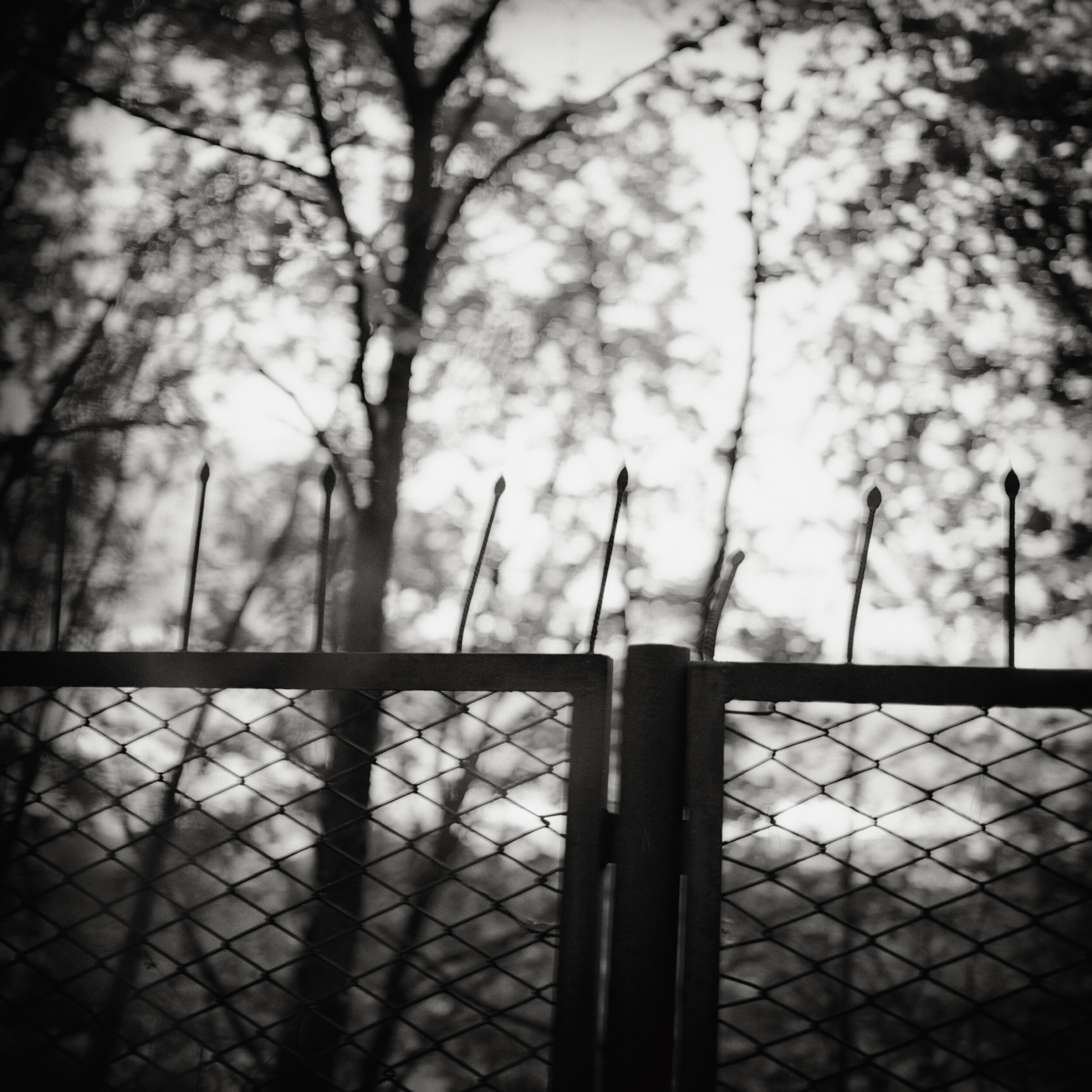EASTERN EUROPE
Part I EXCLUSION ZONE UKRAINE
Shadows of Silence
In 2008 and 2009, I joined a group of photographers traveling to Ukraine to document life inside the Chernobyl Exclusion Zone—nearly 25 years after the world’s worst nuclear disaster unfolded on April 26, 1986, at Reactor No. 4 of the Chernobyl Nuclear Power Plant near the city of Pripyat.
We photographed in and around the Zone, including the hauntingly quiet streets of Pripyat. It remains one of the most difficult assignments of my career—not because of what was visible, but because of what was not. The real danger—radiation—was silent, invisible, and ever-present, resisting documentation yet shaping everything.
Walking through these spaces, where life had been abruptly abandoned, I became acutely aware of time suspended. The remnants of everyday life—the schoolbooks, toys, dishes left in cupboards—appeared untouched, as if waiting for someone to return. Nature was reclaiming everything slowly, steadily. Trees grew through concrete, and silence pressed in like a second skin.
Shortly after our visit—and following the visit of then-Prime Minister Yulia Tymoshenko—the city of Pripyat was permanently closed to the public due to structural collapse. What remained, and what I tried to capture, was not just the physical decay, but the trace of memory itself: the fragile line between presence and absence, reality and illusion.
Chernobyl exclusion zone, Ukraine 2009
Teremtsy, Chernobyl exclusion zone, Ukraine 2009
Chernobyl exclusion zone, Ukraine 2009
Chernobyl exclusion zone, Ukraine 2009
Chernobyl exclusion zone, Ukraine 2009
Chernobyl exclusion zone, Ukraine 2009
Pripyat, Chernobyl exclusion zone, Ukraine 2009
Pripyat, Chernobyl exclusion zone, Ukraine 2009
Pripyat, Chernobyl exclusion zone, Ukraine 2009
Pripyat, Chernobyl exclusion zone, Ukraine 2009
Chernobyl exclusion zone, Ukraine 2009
Pripyat amusement park, Chernobyl exclusion zone, Ukraine 2009
Chernobyl exclusion zone, Ukraine 2009
Pripyat, Chernobyl exclusion zone, Ukraine 2009













